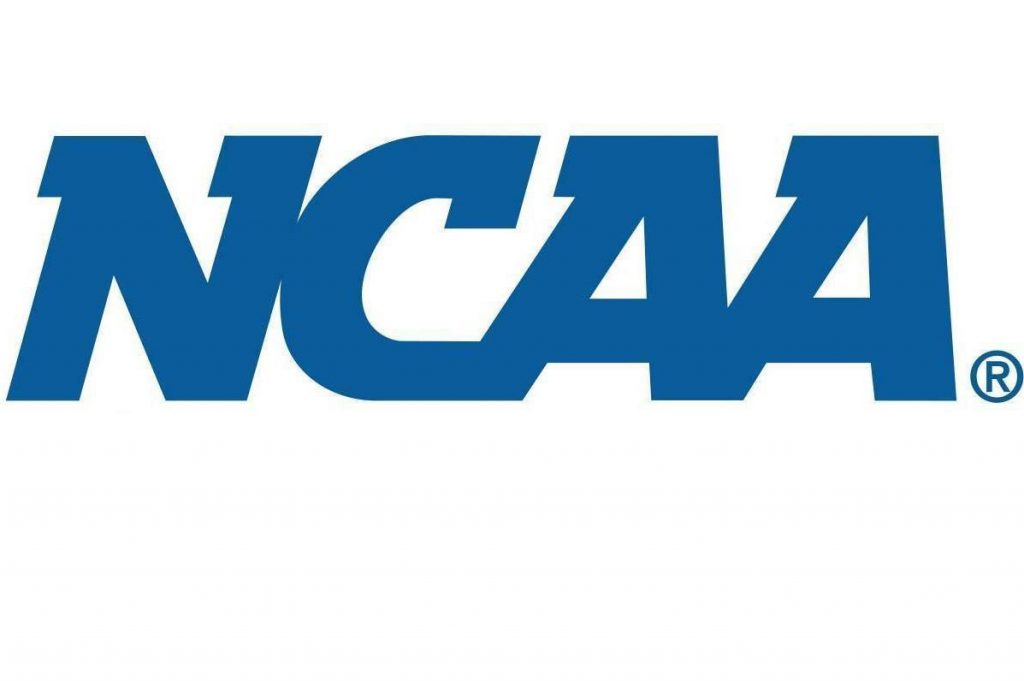With last week’s NCAA’s announcement that winter and spring championships will be canceled because of the coronavirus (COVID-19) outbreak, collegiate athletics in America have come to a halt, and as the majority of conferences have canceled all regular-season competition for their teams, the careers of many senior student-athletes have come to a sudden conclusion.
With little warning, athletes across the country had to accept that they would no longer get to play a sport they’ve been training for years for, and wouldn’t even have one final ride to soak it all in and enjoy every fleeting moment.
While little can be done about the cancellations, several student-athletes have petitioned the NCAA to allow them to retain a year of eligibility for the lost season, similar to redshirting. Allison Wahrman, a senior on the Iowa track and field team, led the movement by creating a petition on Change.org asking for another year of eligibility, and provided potential ways in which the NCAA could go about giving athletes a year back.
“One option would be that they guarantee returning seniors their scholarships and it doesn’t affect the people coming in,” Wahrman said, per Sports Illustrated. “It would cost a lot of money, but I think it would be fair to the seniors.”
She also said returning seniors could pay their full tuition and still receive an extra year of eligibility, but acknowledged that this may deter some athletes from returning. The petition received 100,000 signatures within 20 hours of it being posted.
Shortly thereafter, the NCAA announced that spring Division I student-athletes would be able to retain the year of eligibility they were set to lose, although the future of winter Division I student-athletes is still under consideration.
“Council leadership agreed that eligibility relief is appropriate for all Division I student-athletes who participated in spring sports,” the NCAA said in its statement. “Details of eligibility relief will be finalized at a later time. Additional issues with NCAA rules must be addressed, and appropriate governance bodies will work through those in the coming days and weeks.”
Nevertheless, for some athletes, the announcement won’t make a difference, and many questions have yet to be answered. Marisa Gazzola, a junior on the New Hampshire track and field team, said regaining a year of eligibility is best for underclassmen and seniors without future commitments.
“I’m a senior who will be attending a different school next year for graduate studies,” Gazzola said. “So, I won’t be able to compete for [UNH] and with teammates I have made bonds with already. It’s frustrating for a lot of seniors because no matter what the NCAA does, we will never get this time back or be able to compete with all of our current teammates again.”
The NCAA must also decide whether winter student-athletes, who completed their regular seasons but missed out on the postseason, will gain an extra year of eligibility or not — a decision that will heavily impact senior basketball players who missed out on postseason play this month. Although the NCAA has not released an official ruling, Tom Izzo, a Naismith Basketball Hall of Famer and head coach of Michigan State University’s men’s basketball team, said he was in favor of giving student-athletes the option of returning for an extra year.
“Some of them that want to go pro, that’s their option,” Izzo said, per 247sports.com. “But I would be in favor of kids getting a chance to have another year just because it would be what’s fairest for them. I’ve had kids that came in as juniors, not pros, and left as seniors as pros.”
One player who would return for an extra year is University of Kentucky graduate student forward Nate Sestina. UK head coach John Calipari said Sestina is committed to coming back to the powerhouse program next season if the NCAA grants him the extra year. Still, Calipari raised some concerns surrounding issues that will come if the NCAA decides to grant additional eligibility. He questioned what returning seniors would mean for the team’s roster size and where schools would find the money to pay for extra scholarships.
“It could be another $200,000 or so the school has to come up with,” Calipari said, per kentuckysportsradio.com. “What if you were a freshman and you were coming in knowing the senior class was gone? And that’s why you went to that school? Would you still have to go to that school?”
As winter student-athletes await the NCAA’s official ruling, the organization will have to work out the complex logistics of granting all spring student-athletes an extra year of eligibility. The outcome of the NCAA’s decision will not only have an effect on next season, with this year’s seniors potentially returning, but on the next four years. All three other classes of current student-athletes will gain a year of eligibility, creating yet another unprecedented situation as incoming freshmen are still set to join programs each year.



